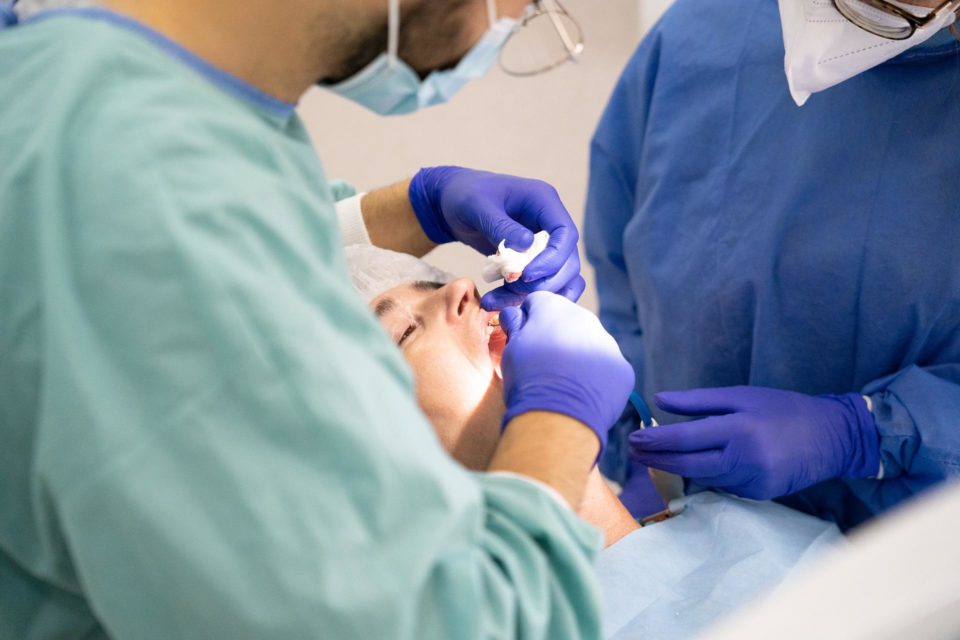Many people consider anxiety a typical part of their life. However, while some see anxiety as a byproduct of living in a modern and fast-paced world, others experience anxiety when facing something they are not familiar with. For example, many people become highly anxious at the mere thought of getting dental implants.
While the dental implant process is straightforward and proven safe, people with high anxiety will struggle to feel safe. People with dental anxiety often end up delaying treatment or avoiding it altogether. Unchecked anxiety can have a significant impact on your quality of life.
Natural Remedies for Anxiety
If you want to stay on top of your anxiety, below are some of the natural remedies you can try:
Stay active.
Regular exercise will not only do wonders for your physical health, it can also benefit your mental health as well. A study indicated that people with anxiety disorders who engaged in high levels of physical activity were better protected against anxiety. Getting the heart rate up can also help generate anti-anxiety neurochemicals such as:
- Endocannabinoids
- Brain-derived neurotrophic factor (BDNF)
- Gamma-aminobutyric acid (GABA)
- Serotonin
Avoid alcohol.
Some research indicates that there is a link between alcohol consumption and anxiety. A 2017 review that examined 63 different studies discovered that decreasing alcohol content can help improve depression and anxiety.
Heavy drinking has also been known to interfere with the balance of neurotransmitters. The interference can lead to the development of certain symptoms of anxiety. Alcohol can also disrupt the body’s natural ability to sleep. A good night’s sleep can be very helpful for those who are fighting anxiety.
Quit smoking.
Many smokers reach for a cigarette during stressful times. However, like drinking alcohol, smoking when you are stressed or anxious is nothing more than a quick fix that can do more harm than good. Some research indicated that the earlier you start smoking, the higher your risk is of developing anxiety disorder.
If you want to quit smoking, there are many ways you can get started. Aside from finding a safe substitute for cigarettes, you can also take up hobbies and habits that can help you create an environment that supports a smoke-free life. You can also create a support system that can provide the help you need, from distractions to encouragement.
Limit caffeine intake.
If you have chronic anxiety, caffeine is not good for you. Caffeine can cause jitters and nervousness, two things which are not good for you if you are suffering from anxiety. Some research has also shown that caffeine can cause (or worsen) anxiety disorders. It has also been known to cause panic attacks in individuals with panic disorder.
For many people, eliminating caffeine can dramatically improve your anxiety symptoms. Just like alcohol, there is a strong link between caffeine and anxiety because of caffeine’s ability to alter brain chemistry. One study indicated that caffeine can increase alertness by blocking the brain chemical known as adenosine.
Get a good night’s rest.
Time and again, a good night’s rest has been proven to be a vital contributor to good mental health. It is recommended that adults get at least 7 to 9 hours of sleep each day. To help ensure you get a good night’s sleep, the following tips can help:
- Don’t read or watch TV while in bed
- Don’t use your tablet, phone, or laptop while in bed
- Don’t eat a large meal a few hours before sleeping
- Keep your room dark and cool
- Write down your worries before going to bed
- Sleep at the same time each night
Practice mindfulness and meditate.
One of the primary goals of meditation is having full awareness of the present moment. This also includes noticing your thoughts in a nonjudgmental way. Meditation and mindfulness has also been known to help you develop a sense of contentment and calm by increasing your ability to mindfully tolerate your feelings and thoughts.
Meditation has also been known to help effectively relieve anxiety and stress and is considered a primary facet of cognitive behavioral therapy (CBT).

